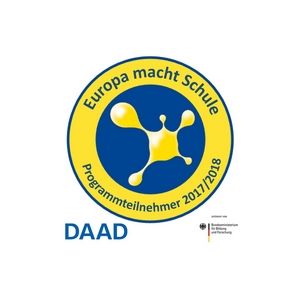
PET
PET Info and Recognition
Info and Recognition
The Preliminary English Test (PET) is an examination that demonstrates that a person can deal with everyday English at an intermediate level. It is widely accepted as a qualification representing a general basic ability in English (CEFR Level B1).
Topics and skills
At this level a learner should be able to cope linguistically in a range of everyday situations which require a largely predictable use of language. A B1 Level user will be able to use English in their own or a foreign country in contact with native and non-native speakers of English for general purposes as described below.
Learners at this level, if travelling as tourists, can get all the information needed from a tourist information centre. Similarly, if taking part in a guided tour, they can understand the main points of a commentary and ask questions in order to get more information, as long as no specialised technical language is needed. In the context of work, they can state requirements within their own job area, and ask questions o a fact-finding nature. In a meeting, they can take part in a discussion which involves the exchange of factual information or receiving instructions, but they may have difficulty dealing with anything unpredictable or unfamiliar. Where telephone calls are concerned, predictability is also important at this level, and as long as only routine matters are involved, the learner can receive and pass on messages. They can also write simple personal letters.
Can Do
Listening and Speaking
CAN understand straightforward instructions or public announcements.
- express simple opinions on abstract/cultural matters in a limited way or offer advice within a known area.
- identify the main topic of a news broadcast on TV if there is a strong visual element.
- ask for information about accommodation and travel
- follow a simple presentation/demonstration.
- offer advice to clients within own job area on simple matters
- understand instructions on classes and assignments given by a teacher or lecturer.
- take part in a seminar or tutorial using simple language
Reading and Writing
CAN understand routine information and articles.
- write letters or make notes on familiar or predictable matters.
- understand factual articles in newspapers, routine letters from hotels and letters expressing personal opinions.
- write letters on a limited range of predictable topics related to personal experience.
- understand the general meaning of non-routine letters and theoretical articles within own work area.
- make reasonably accurate notes at a meeting or seminar where the subject matter is familiar and predictable.
- understand most information of a factual nature in his/her study area.
- take basic notes in a lecture.
Exam Parts
- Reading and writing (1 hour 30 minutes)
- Listening (40 minutes)
- Speaking (10-12 minutes per pair)





